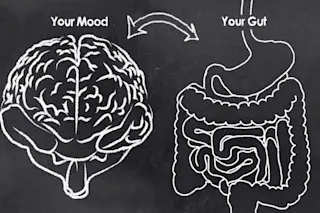(Credit: Ekaterina Pokrovsky/shutterstock) As the climate warms, seas will rise, storms will proliferate and cities will bake. But, in addition to the marquee issues global warming causes, there will likely be a host of tangential issues, many of which we may not anticipate. A new study in Nature Climate Change looks at the psychological effects a warming climate will have on humans, focusing specifically on mental health. Though the work is somewhat preliminary, the authors pick out a broad trend of rising suicide rates as temperatures increase, and point out that the issue is only likely to get worse in the future.
Researchers from the United States, Chile and Canada paired data on suicides in the U.S. and Mexico with temperature records going back decades. They found a slight but persistent trend dominating the data: As the weather gets warmer, suicides become more common. Interestingly, the correlation was much more ...














